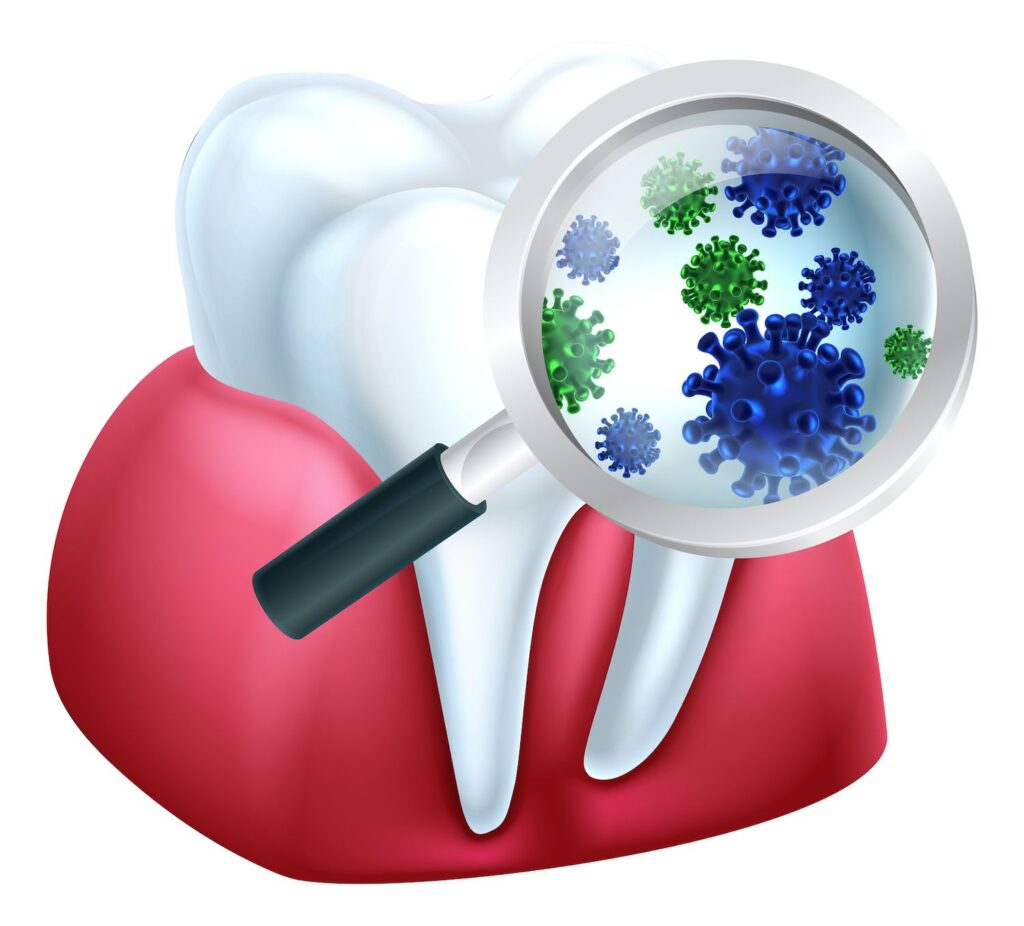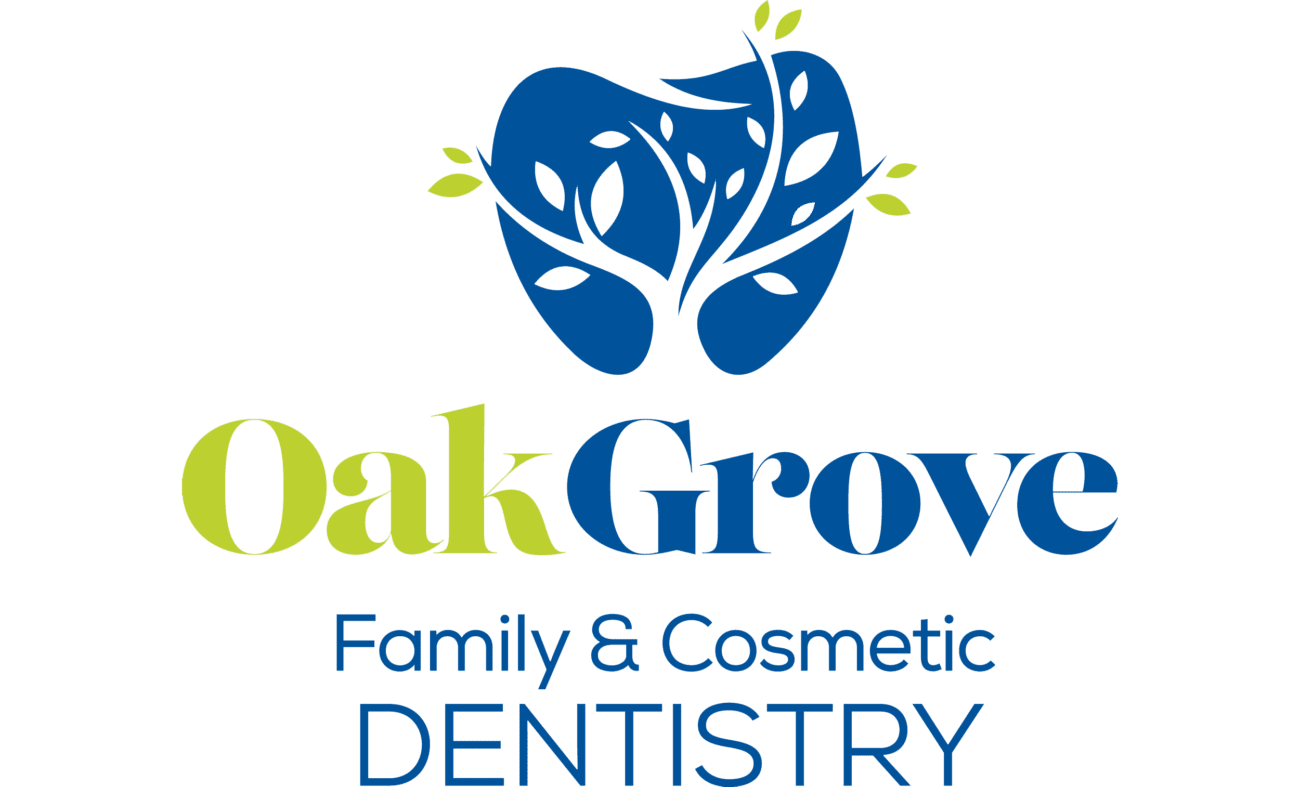Gum disease is a type of infection that develops in the gum tissue when oral bacteria reach this connective tissue. Its early stage presents with puffy gums and some discomfort. But as the infection progresses, you could face serious deterioration in the gums, teeth, and jawbone.
You will require periodontal therapy from your dentist to get rid of gum disease because the infection cannot go away of its own accord. If you want to avoid irreversible dental damage and the need for extra dental work, you may want to take measures to prevent gum disease in the first place.
Everyone could be at risk of gum disease. But some dental patients may have pre-existing conditions that could increase their danger of this gum infection. Knowing more about these concerns could put you in a better position to fight periodontal problems. Read on to discover three factors that may put you at a greater risk of contracting gum disease.

Naturally Aggressive Oral Bacteria
Everyone’s mouth features naturally occurring bacteria. Practicing good oral hygiene removes excess bacteria and residues like plaque that encourage bacterial spread. With balanced oral bacteria, you can reduce the chance of bacteria reaching your gums and infecting them.
But some people can develop particularly aggressive oral bacteria that will have a greater chance of spreading and infecting your gum tissue. The cause of this condition is unclear, but the risk to your periodontal health is evident.
Typical oral hygiene might not be enough to protect your gums in this case. Your dentist can recommend special toothbrushes and toothpaste to use at home to address this specific form of bacteria. You might also benefit from introducing antibacterial mouthwash to your routine.
Underlying Medical Conditions
Certain underlying factors like age, genetics, medications, and health conditions can also affect your gums. People over the age of 65 have a greater likelihood of contracting gum disease. Also, those with chronic illnesses like heart disease, arthritis, or diabetes may trigger systemic inflammation that can make you more susceptible to infections like gum disease.
Changes in your body, like hormonal fluctuations or pregnancy, could make your gums more prone to infection as well. Keep your dentist informed of your medical history to ensure you receive the best preventative dental care that can protect your gum health.
Poor Oral Habits
Your behavior, lifestyle, and habits will influence your oral health. So make sure you stick to good habits, like proper oral hygiene. And steer clear of potentially harmful ones if you want to promote healthy gums.
Smoking and using other tobacco products will inflame your gums and increase your risk of gum disease, so stop this habit as soon as you can. A balanced and nutrient-rich diet will also ensure your body stays strong enough to fight potential infections.
Use proper techniques for oral hygiene and practice them consistently to ensure you clean away all harmful plaque from your smile. Attend routine cleanings and check-ups at your dentist’s office too to maximize oral hygiene and preventative care.
